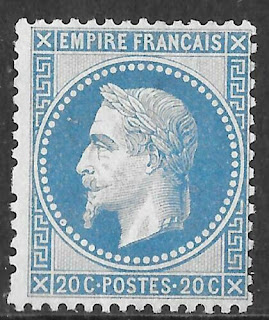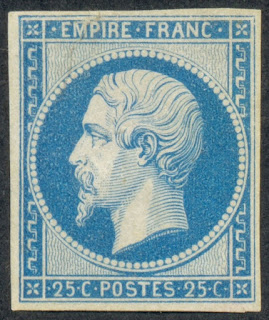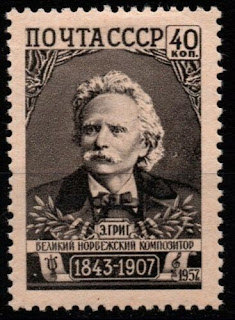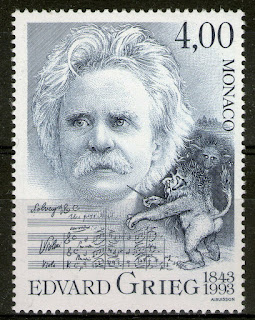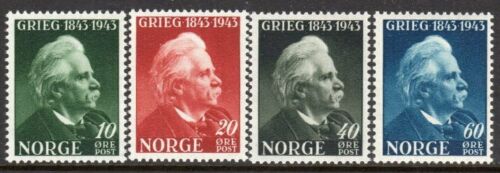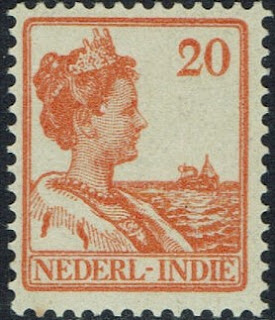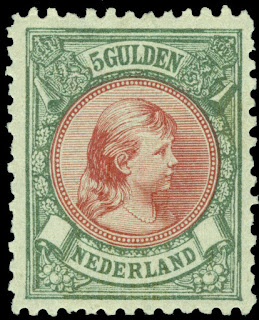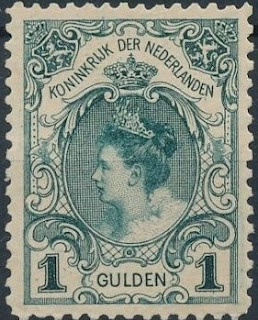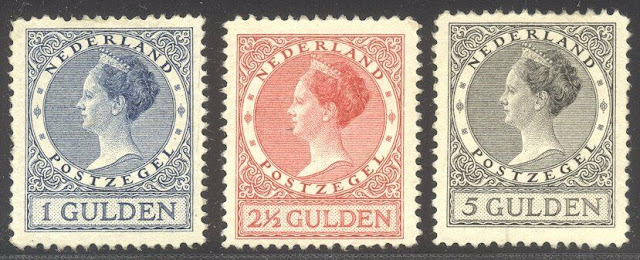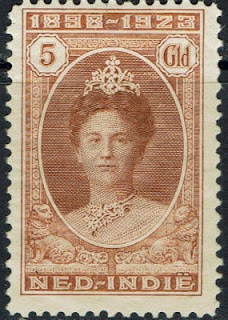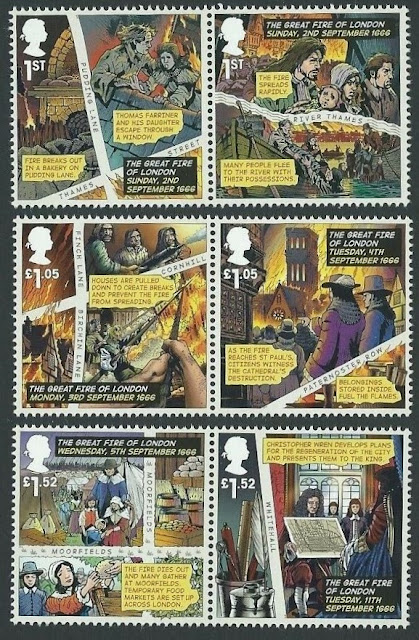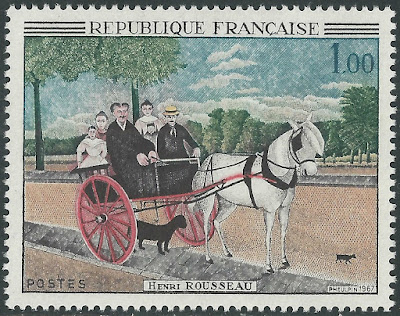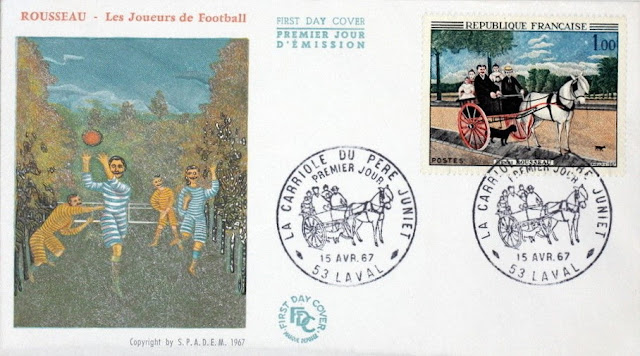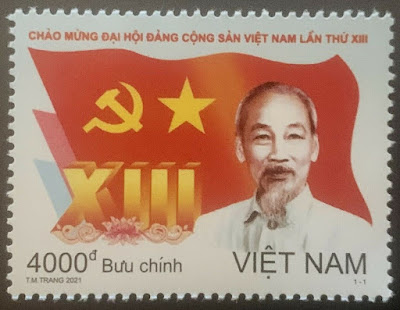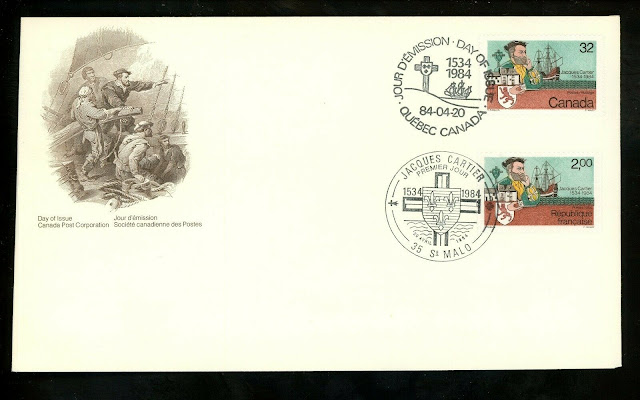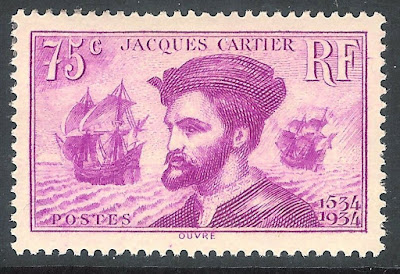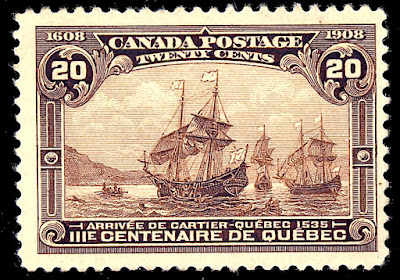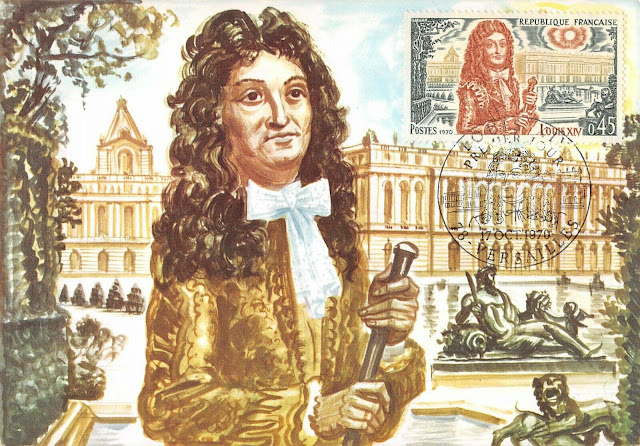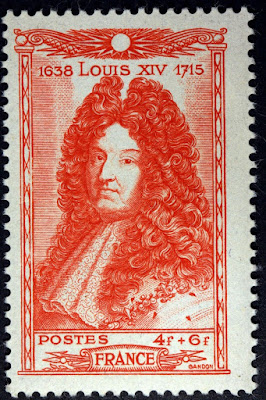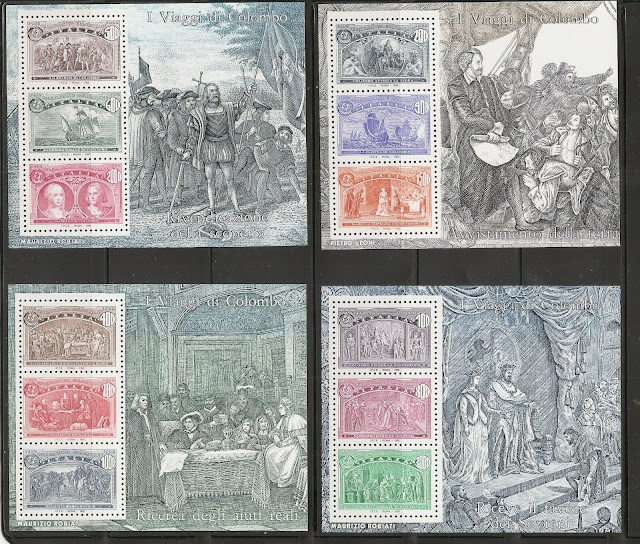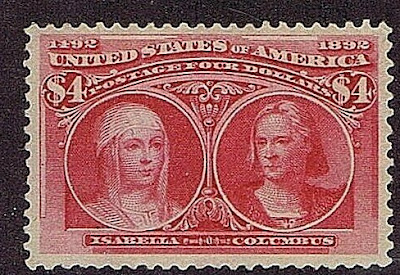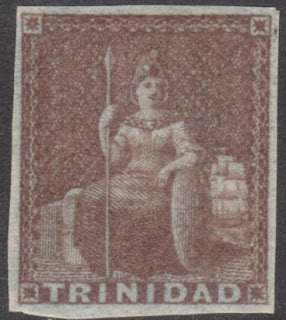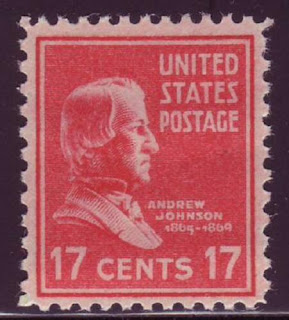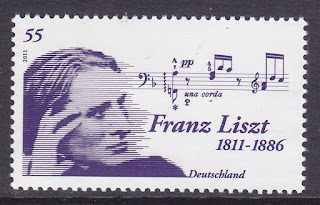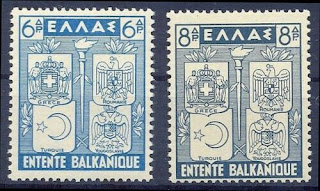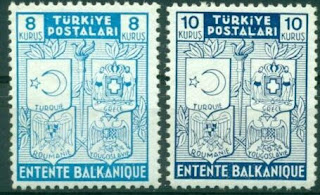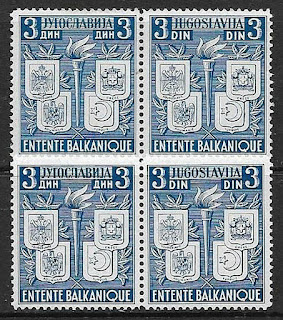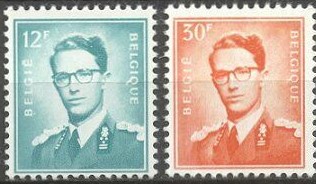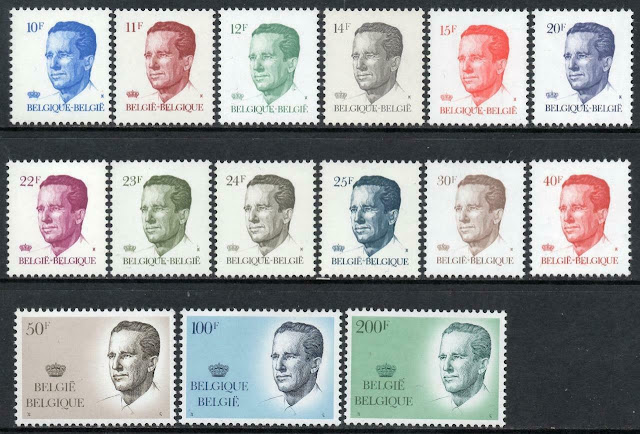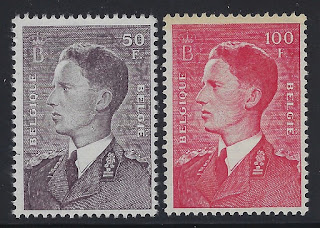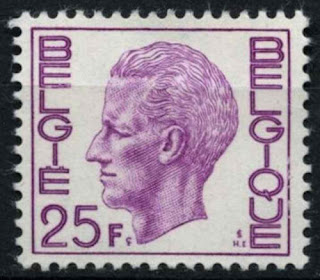Here are some events that happened on September 2nd. It could be an event or a person that died or was born on that day
1666 – The Great Fire of London breaks out and burns for three days, destroying 10,000 buildings, including Old St Paul's Cathedral
The Great Fire of London was a major conflagration that swept through the central parts of the English city of London from Sunday, 2 September to Thursday, 6 September 1666. The fire gutted the medieval City of London inside the old Roman city wall. It threatened but did not reach the aristocratic district of Westminster, Charles II's Palace of Whitehall, or most of the suburban slums.It consumed 13,200 houses, 87 parish churches, St Paul's Cathedral, and most of the buildings of the City authorities. It is estimated to have destroyed the homes of 70,000 of the city's 80,000 inhabitants.
The death toll is unknown but was traditionally thought to have been small, as only six verified deaths were recorded. This reasoning has recently been challenged on the grounds that the deaths of poor and middle-class people were not recorded; moreover, the heat of the fire may have cremated many victims, leaving no recognisable remains. A melted piece of pottery on display at the Museum of London found by archaeologists in Pudding Lane, where the fire started, shows that the temperature reached 1,250 °C (2,280 °F; 1,520 K).
Stamps and a First Day Cover commemorating the Great Fire of London
1910 Died: Henri Rousseau, French painter (b. 1844)
Henri Julien Félix Rousseau (21 May 1844 – 2 September 1910) was a French post-impressionist painter in the Naïve or Primitive manner. He was also known as Le Douanier (the customs officer), a humorous description of his occupation as a toll and tax collector. He started painting seriously in his early forties; by age 49, he retired from his job to work on his art full-time.
Ridiculed during his lifetime by critics, he came to be recognized as a self-taught genius whose works are of high artistic quality.[5][6] Rousseau's work exerted an extensive influence on several generations of avant-garde artists
At his funeral, seven friends stood at his grave: the painters Paul Signac and Manuel Ortiz de Zárate, the artist couple Robert Delaunay and Sonia Terk, the sculptor Brâncuși, Rousseau's landlord Armand Queval, and Guillaume Apollinaire who wrote the epitaph Brâncuși put on the tombstone:
We salute you Gentle Rousseau you can hear us.
Delaunay, his wife, Monsieur Queval and myself.
Let our luggage pass duty free through the gates of heaven.
We will bring you brushes paints and canvas.
That you may spend your sacred leisure in the
light and Truth of Painting.
As you once did my portrait facing the stars, lion and the gypsy.
Stamps and a First Day Cover from France and Czechoslovakia depicting Henri Rousseau's paintings
1939 – World War II: Following the start of the invasion of Poland the previous day, the Free City of Danzig (now Gdańsk, Poland) is annexed by Nazi Germany.
World War II began with the shelling of the Westerplatte on 1 September 1939. Gauleiter Forster entered the High Commissioner's residence and ordered him to leave the City within two hours, and the Free City was formally incorporated into the newly formed Reichsgau of Danzig-West Prussia. Local SS and the police cooperated with the Germans with expelling Polish authorities from in and around the city. Polish civilian Post Office employees had received military training and were in possession of a cache of weapons – mostly pistols, three light machine guns, and some hand grenades – and were thus able to defend the Polish Post Office for fifteen hours. Upon their surrender, they were tried and executed
Some stamps from Danzig with
Deutsches Reich overprints as well as a set issued in Germany with the words
Danzig ist Deutsch (Danzig is German)

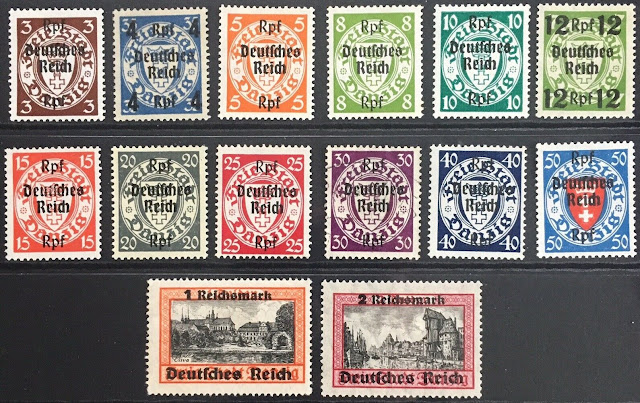
1969 Died: Ho Chi Minh, Vietnamese politician, 1st President of Vietnam (b. 1890)
Hồ Chí Minh (19 May 1890 – 2 September 1969), born Nguyễn Sinh Cung, also known as Nguyễn Tất Thành, Nguyễn Ái Quốc, Bác Hồ, or simply Bác ('Uncle'), was a Vietnamese revolutionary and politician. He served as Prime Minister of North Vietnam from 1945 to 1955 and President from 1945 until his death in 1969. Ideologically a Marxist–Leninist, he served as Chairman and First Secretary of the Workers' Party of Vietnam.
Hồ Chí Minh led the Việt Minh independence movement from 1941 onward, establishing the Communist-ruled Democratic Republic of Vietnam in 1945 and defeating the French Union in 1954 at the Battle of Điện Biên Phủ, ending the First Indochina War. He was a key figure in the People's Army of Vietnam and the Việt Cộng during the Vietnam War, which lasted from 1955 to 1975. The Democratic Republic of Vietnam was victorious against the Republic of Vietnam and its allies, and was officially reunified with the Republic of South Vietnam in 1976. Saigon, the former capital of South Vietnam, was renamed Ho Chi Minh City in his honor. Ho officially stepped down from power in 1965 due to health problems, and died in 1969.
The details of Hồ Chí Minh's life before he came to power in Vietnam are uncertain. He is known to have used between 50 and 200 pseudonyms. Information on his birth and early life is ambiguous and subject to academic debate. At least four existing official biographies vary on names, dates, places and other hard facts while unofficial biographies vary even more widely.
Aside from being a politician, Ho was also a writer, a poet and a journalist. He wrote several books, articles and poems in French, Chinese and Vietnamese.
Vietnamese stamps depicting Ho Chi Minh


